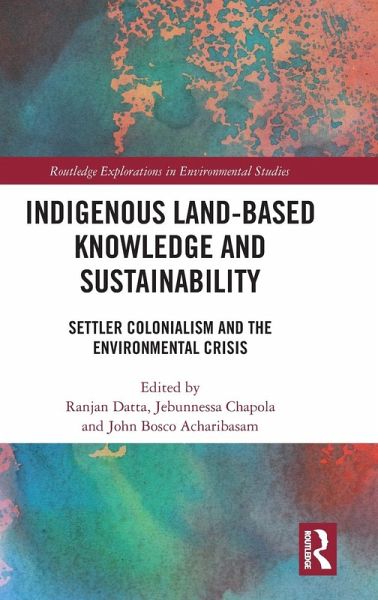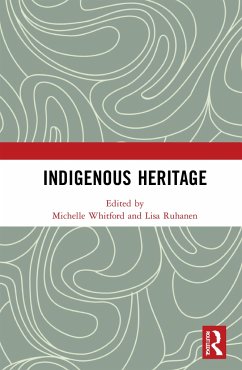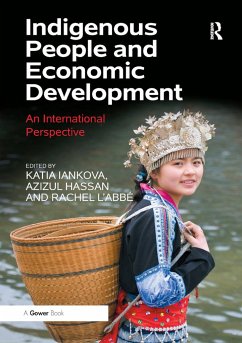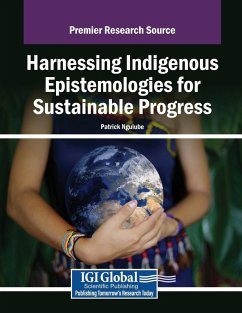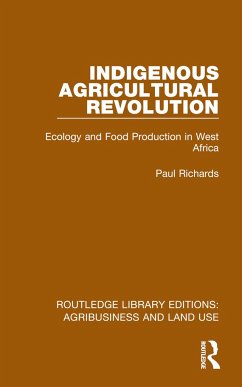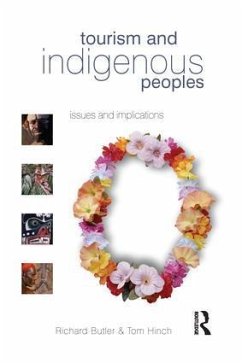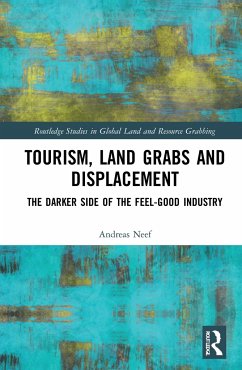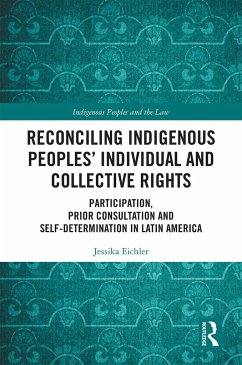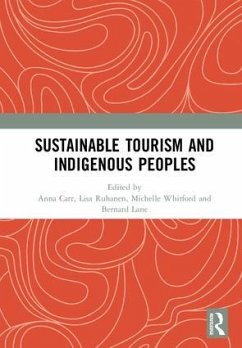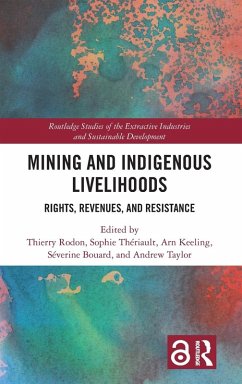Ranjan Datta is a Canada Research chair in Community Disaster Research at the Department of Humanities, Mount Royal University, Calgary, Alberta, Canada. Ranjan's research interests include advocating for critical anti-racist perspectives on community disaster research, Indigenous environmental sustainability, community-led climate change solutions, and decolonial community research. His current research program is supported by his existing network of Indigenous, visible minority immigrants and refugees, Black communities, scholars, students, practitioners, and professionals in Canada and beyond. In Datta's community service activities, he has been involved with social well-being and justice movements. Jebunnessa Chapola serves as a SSHRC postdoctoral fellow at the Johnson Shoyama Graduate School of Public Policy, University of Regina, Canada. Dr. Jebunnessa Chapola is a settler woman of colour trained as an anti-racist, decolonial feminist educator. Her research spans environmental reconciliation, decolonial feminist research, transnational feminism, anti-racist theory, and Indigenous women-led climate change solutions, reflecting her commitment to cross-cultural responsibility, gender equity, social justice, and environmental resilience. John Bosco Acharibasam is a SSHRC postdoctoral fellow at Mount Royal University in Canada and is dedicated to addressing social and environmental justice concerns within Black and other marginalized communities. His overarching research objective is to mitigate environmental vulnerabilities and health disparities among Black, Indigenous, and marginalized populations. As an immigrant scholar, John recognizes the imperative of fostering cross-cultural connections among BIPOC communities in Saskatchewan, Canada. His scholarly pursuits encompass decolonizing methodologies, climate change, public health, and anti-racism initiatives.
